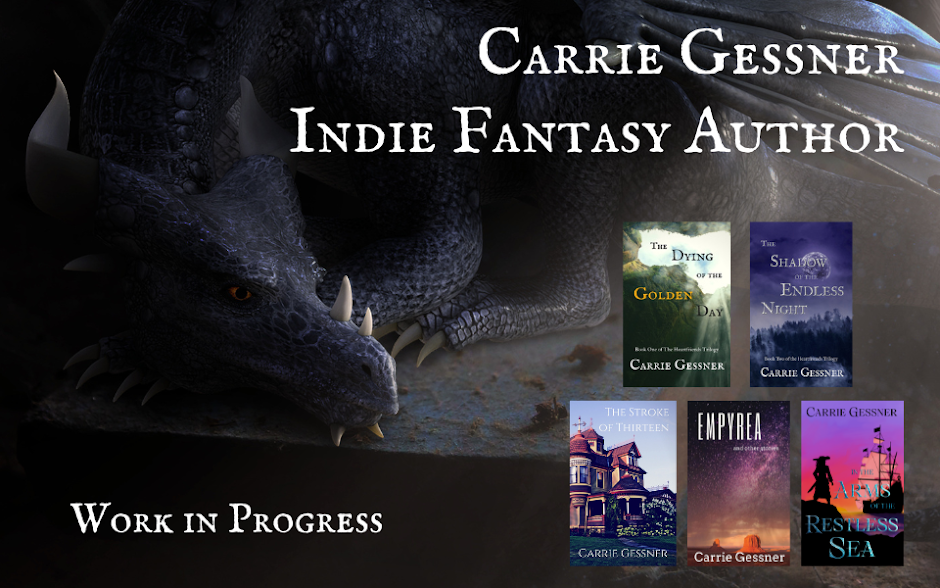While reading this, I was hovering around three stars. I didn't love it, but it certainly kept me reading. However, the more I read, the more frustrated I got.
I had issues with the writing style. I actually love present tense, which not many people do, so that wasn't what tripped me up. It just didn't feel as polished as it should have been. There's a lot of info-dumping. The dialogue is unrealistic at times. Every time Riley yells, it's in all-caps. There's no real setting of scenes, just sentences like: "It's been a few days since Riley left her sister that apology message and still no response." But every chapter (and each scene is a new chapter) opens similarly. A lot of the moments that should be emotional don't land, such as: "She applies the makeup, but even that can't fix the damage caused by a life wasted, a life destroyed. Then a tear--the kind that expresses what words never could--rolls down her cheek."
Overall, the story felt very surface-level. Kaufman told me what was happening, but I never felt the characters like I should have. Because of this, everyone comes off very one-note. I should be sympathizing with Riley, but I'm not because I know she's holding back info. I'm interested in mystery/thriller stories, but I'm reaching the saturation point for unreliable narrators. That, or Gillian Flynn did it so well that she spoiled me.
As the story goes on, I mentally downgraded this from three to two stars because it was getting outlandish. All I wanted was to figure out what was actually going on. I would've stopped taking away stars there if not for the ending. I think Kaufman tried so hard to make the story surprising that he instead falls back on the cheapest ending. When you have a female main character who's questioning reality, I think it's dangerous to try to make readers empathize with her only to pull the "No, she's actually crazy" card. That's an irresponsible message. Mental health is a tricky issue, one a lot of people struggle with, myself included. This book falls squarely in the category of suggesting that mentally ill people are dangerous to other people while the majority are not. In a time of rampant public violence, I don't think that's the side of history authors want to be on.
I don't enjoy giving books low ratings, and I don't mean anything by it beyond this book wasn't for me. Although I can't recommend this personally, I see a lot of people have enjoyed it. If mysteries are your thing, you might want to check it out.
Thanks to NetGalley, Thomas & Mercer, and Andrew E. Kaufman for the e-arc.
I had issues with the writing style. I actually love present tense, which not many people do, so that wasn't what tripped me up. It just didn't feel as polished as it should have been. There's a lot of info-dumping. The dialogue is unrealistic at times. Every time Riley yells, it's in all-caps. There's no real setting of scenes, just sentences like: "It's been a few days since Riley left her sister that apology message and still no response." But every chapter (and each scene is a new chapter) opens similarly. A lot of the moments that should be emotional don't land, such as: "She applies the makeup, but even that can't fix the damage caused by a life wasted, a life destroyed. Then a tear--the kind that expresses what words never could--rolls down her cheek."
Overall, the story felt very surface-level. Kaufman told me what was happening, but I never felt the characters like I should have. Because of this, everyone comes off very one-note. I should be sympathizing with Riley, but I'm not because I know she's holding back info. I'm interested in mystery/thriller stories, but I'm reaching the saturation point for unreliable narrators. That, or Gillian Flynn did it so well that she spoiled me.
As the story goes on, I mentally downgraded this from three to two stars because it was getting outlandish. All I wanted was to figure out what was actually going on. I would've stopped taking away stars there if not for the ending. I think Kaufman tried so hard to make the story surprising that he instead falls back on the cheapest ending. When you have a female main character who's questioning reality, I think it's dangerous to try to make readers empathize with her only to pull the "No, she's actually crazy" card. That's an irresponsible message. Mental health is a tricky issue, one a lot of people struggle with, myself included. This book falls squarely in the category of suggesting that mentally ill people are dangerous to other people while the majority are not. In a time of rampant public violence, I don't think that's the side of history authors want to be on.
I don't enjoy giving books low ratings, and I don't mean anything by it beyond this book wasn't for me. Although I can't recommend this personally, I see a lot of people have enjoyed it. If mysteries are your thing, you might want to check it out.
Thanks to NetGalley, Thomas & Mercer, and Andrew E. Kaufman for the e-arc.


No comments:
Post a Comment